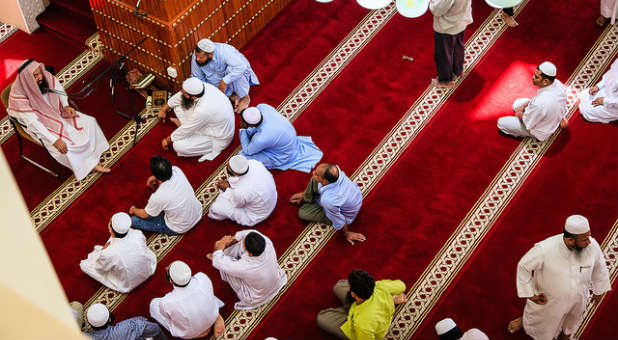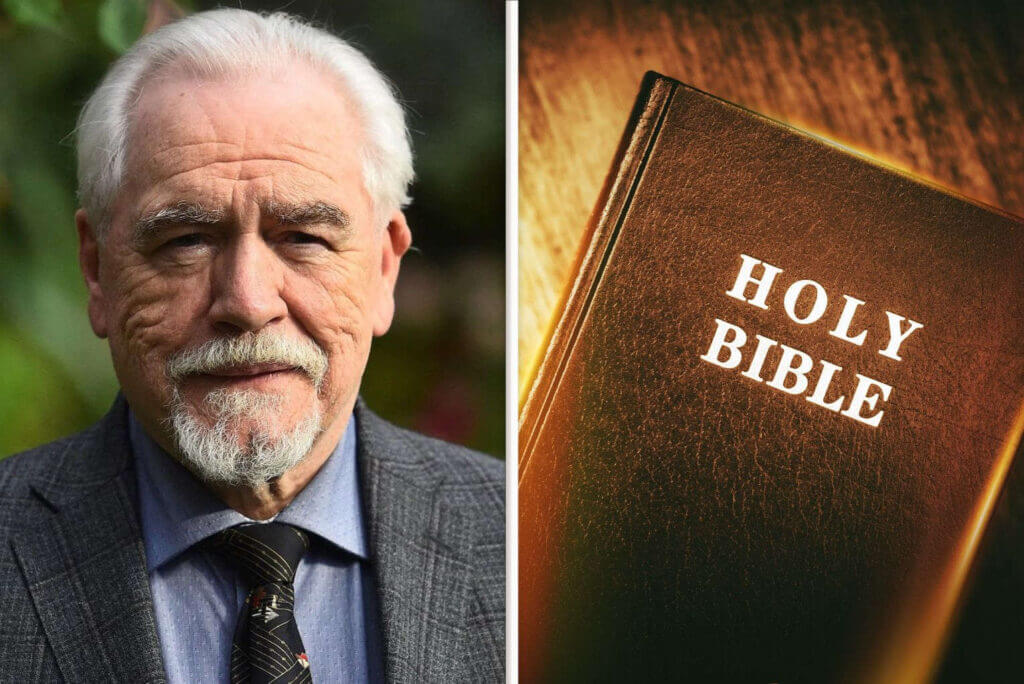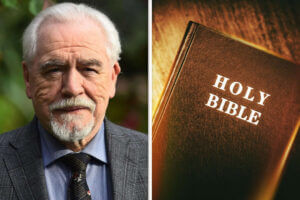Protestant pastors are increasingly polarized about Islam, as a growing share label the Muslim faith violent while a sharply rising minority calls it spiritually good.
Although a majority considers Islam dangerous, a small but increasing segment believes Islam is similar to Christianity, according to a new survey by Nashville-based LifeWay Research.
Two-thirds of Protestant pastors agree Christianity and Islam should seek to coexist in America.
The softening of some pastors’ views toward Islam is a key finding of a LifeWay Research survey of 1,000 Protestant pastors. Seventeen percent of pastors characterize Islam as similar to Christianity, nearly double the 9 percent from five years earlier. Although views shifted in both directions, positive opinions rose more significantly.
The American public, meanwhile, is twice as likely as pastors to see common ground between Islam and Christianity. In a parallel survey of 1,000 Americans, more than a third say the two faiths are similar.
“To understand the data, you have to understand that Protestant pastors are not of one mind,” said Ed Stetzer, executive director of LifeWay Research, “And minds are changing in more than one direction.”
Shifting Views
While more than 8 in 10 Protestant pastors say Islam is fundamentally different from Christianity, just as they did in 2010, minority viewpoints are increasing, LifeWay Research finds.
Compared to five years ago, pastors are much more likely to describe Islam in favorable terms. Fifty percent say Islam promotes charity, up from 33 percent. Significant numbers also describe Islam as spiritually good (32 percent, up from 19 percent), tolerant (24 percent, up from 16 percent) and open (22 percent, up from 12 percent.)
Negative opinions are also on the rise, although the shift is less dramatic. A slim majority considers Islam dangerous (52 percent, up from 44 percent). Almost half say Islam promotes violence (49 percent, up from 42 percent) and is spiritually evil (46 percent, up from 39 percent).
Stetzer explained, “Some mainline pastors and a few evangelicals are answering questions in a more positive way, while some evangelicals and a few mainline Protestants are trending in a negative way. But the biggest move is in the smallest percent—and is in a more positive direction.”
The surveys allowed pastors to choose positive and negative terms to describe Islam, and pastors chose more of both this year than they did in LifeWay Research’s survey five years ago. Fewer pastors opted for “none of these.”
In the most pointed increase, 53 percent of pastors say Islam is “relevant today,” an opinion held by only 28 percent five years earlier.
“It only makes sense that Islam is relevant today—it’s on the evening news regularly. What’s perhaps most interesting is that the majority of that coverage is negative, but some pastors still evidence a more positive perception,” said Stetzer.
“Furthermore, it is worth noting that while pastors appear to be increasingly familiar with Islam, the same large majority recognizes unmistakable differences between Islam and Christianity” said Stetzer.
Moving Apart
Evangelical and mainline pastors hold divergent opinions about Islam. Most self-identified evangelical ministers view it as a violent and dangerous faith, while most self-identified mainline pastors associate it with peace, love and compassion.
The gap has widened in the past five years.
Fifty-two percent of evangelical pastors today characterize Islam as spiritually evil (up from 44 percent), while only 32 percent of mainline pastors agree, a rate unchanged from five years ago.
Conversely, almost half of mainline pastors call Islam spiritually good (47 percent, up from 35 percent). Fewer than 1 in 4 evangelical pastors share that opinion (24 percent, up from 16 percent).
Evangelical pastors increasingly say Islam is dangerous (59 percent, up from 50 percent) and promotes violence (54 percent, up from 49 percent), while mainline pastors’ views on those terms are little changed. In contrast, growing numbers of mainline pastors say Islam is tolerant (35 percent, up from 25 percent) and open (30 percent, up from 18 percent), while evangelical pastors’ agreement with those terms rises only slightly.
Asked which of two well-known descriptions is closer to their beliefs, 59 percent of evangelical pastors choose evangelist Franklin Graham’s characterization of Islam as “a very evil and a very wicked religion,” while 51 percent of mainline pastors choose former President George W. Bush’s comment, “the Muslim faith is based upon peace and love and compassion.”
“While these quotes are hardly new, they still embody opposite perspectives held by different theological groups of Christian leaders,” said Stetzer.
Americans’ Views
Though pastors don’t see eye to eye on Islam, an even larger chasm divides them from the American public.
While 83 percent of Protestant pastors believe Islam is fundamentally different from Christianity, only 44 percent of Americans agree. Almost as many Americans (34 percent) consider the two faiths similar.
Overall, Americans tend to be more sympathetic than pastors toward Islam. They are less likely than both mainline and evangelical pastors to view Islam as dangerous, violent or spiritually evil.
But for most Americans, Islam isn’t a black-and-white issue, LifeWay Research finds. Their uncertainty is evident throughout the survey.
While 31 percent of Americans say Islam is tolerant, almost as many (26 percent) say it promotes violence. Equal numbers find Islam to be dangerous and open (29 percent each).
Not a single characteristic—positive or negative—gains agreement from a majority, and 13 percent of Americans remain entirely undecided, choosing “none of these.”
Americans are also unsure whether Christians and Muslims pray to the same God—46 percent say yes, while 47 percent say no. {eoa}
Lisa Cannon Green is senior writer for Facts & Trends magazine.
See an error in this article?
To contact us or to submit an article






















